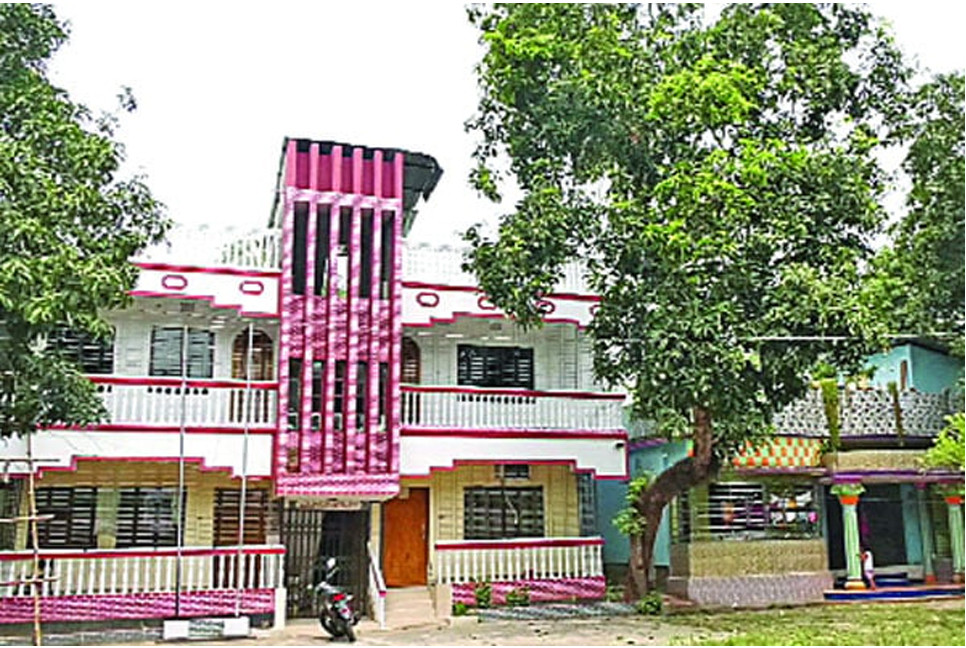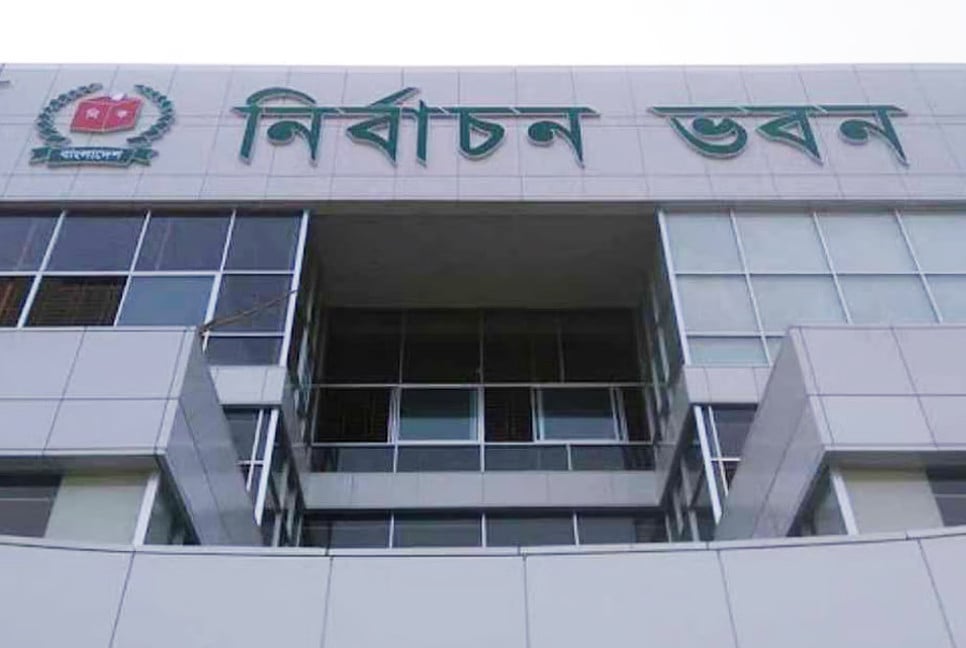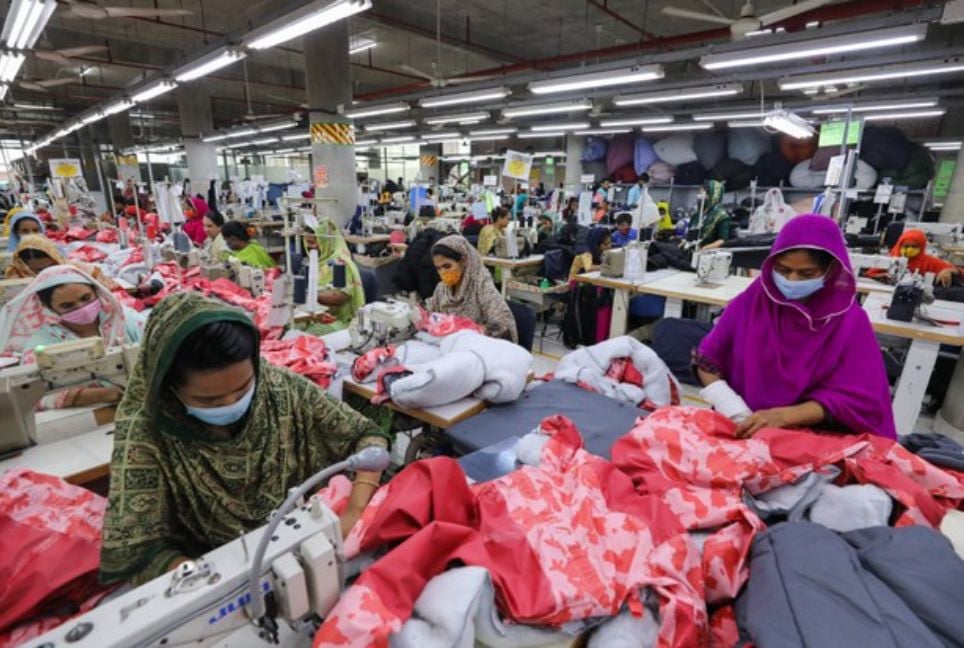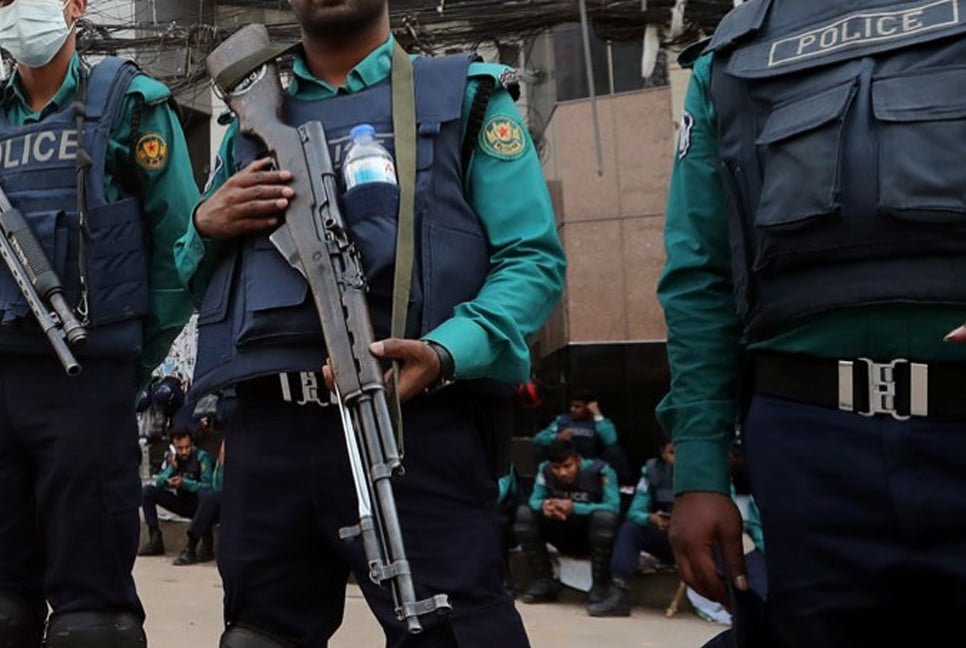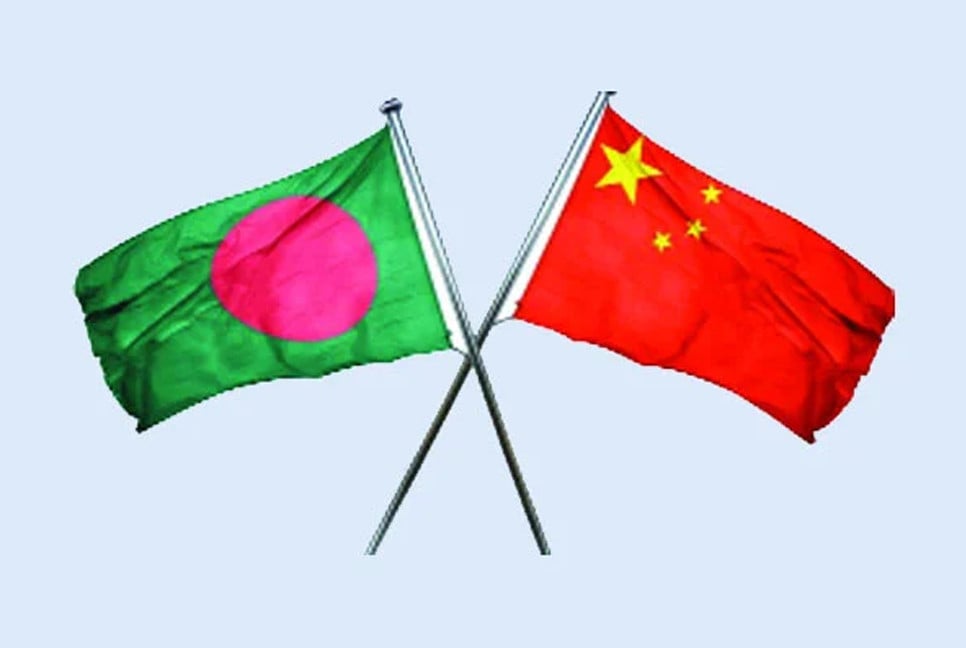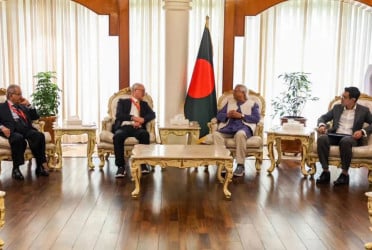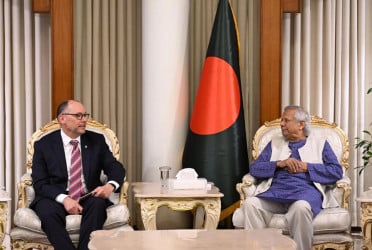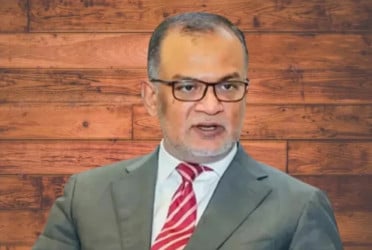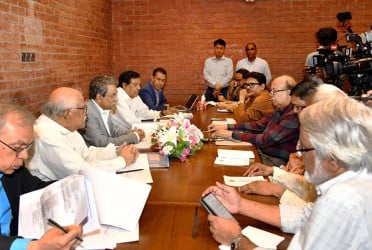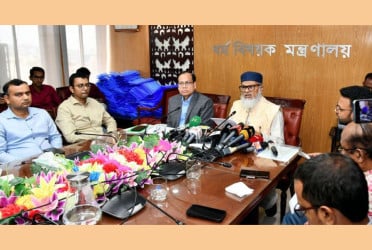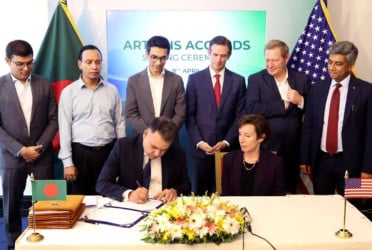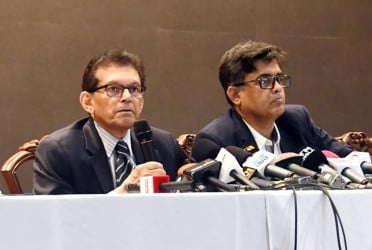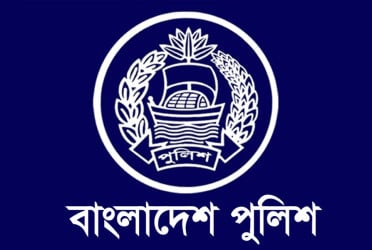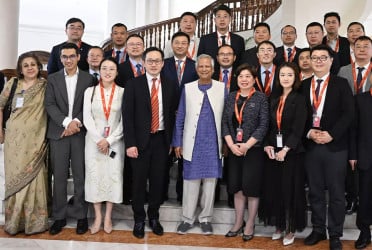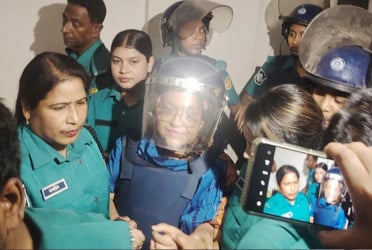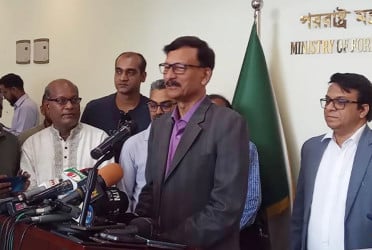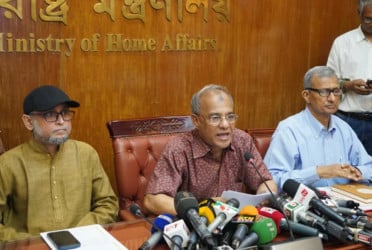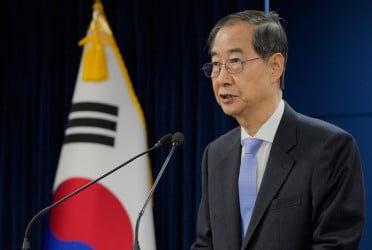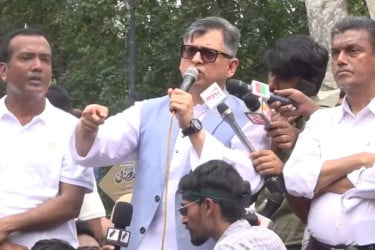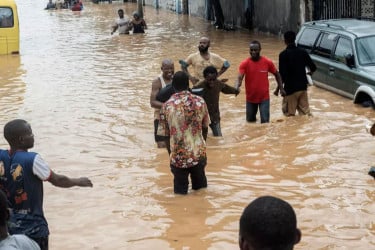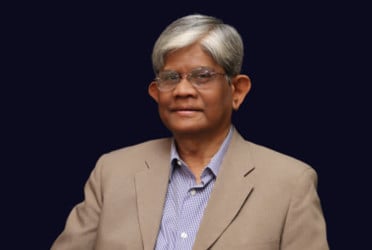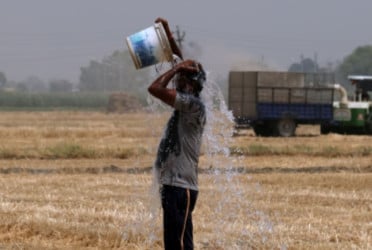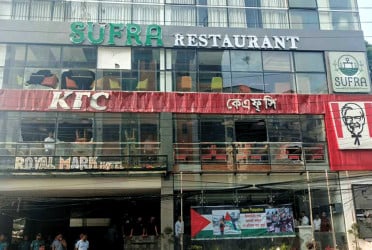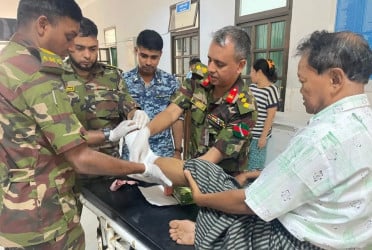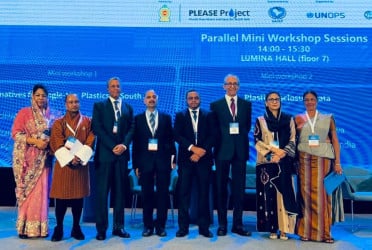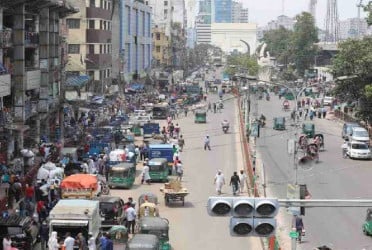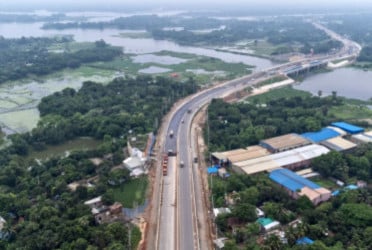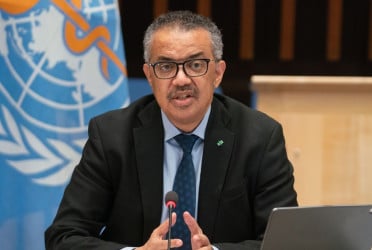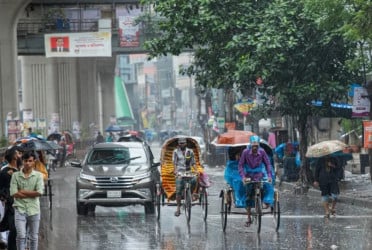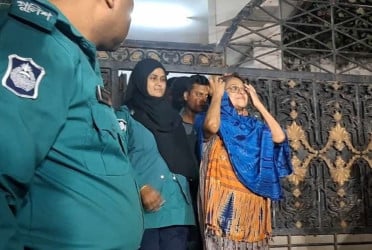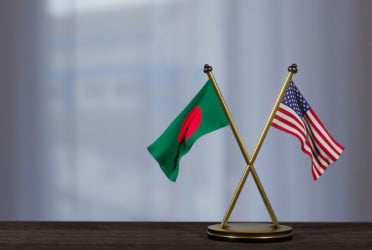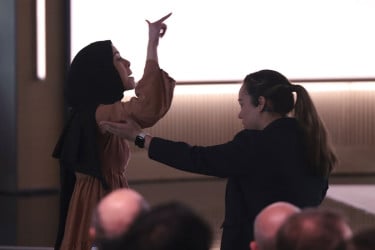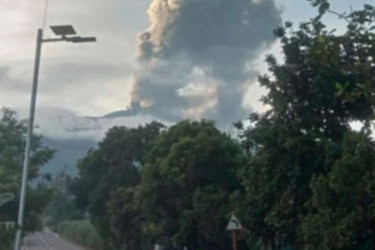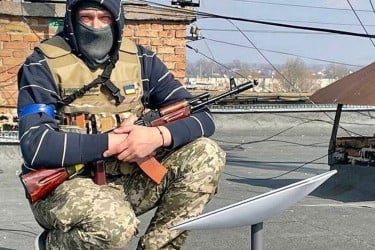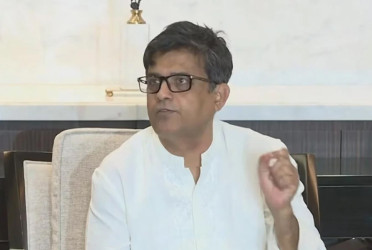The people of Feni used to take immense pride in BNP Chairperson Begum Khaleda Zia, whose ancestral home is located in the area. However, that very pride has now become a hindrance, obstructing the district’s development and progress.
The phrase 'Feni's daughter Khaleda, our pride is unique' became widely recognized, not just within the district but throughout the country.
Begum Zia’s ancestral home is situated in Feni, and from this very region (Feni-1), she was elected as a Member of Parliament five times.
As the country’s first female Prime Minister, her name became strongly associated with the district.
However, for over fifteen years, instead of being a source of blessings, her legacy turned into a curse for Feni. Despite claims of development worth thousands of crores, the district remained grossly neglected.
The root cause of this neglect was her birthplace.
Across every sector—health, education, employment, and business—the people of Feni found themselves sidelined. The drainage system of the Muhuri River remained unresolved, the Feni-Belonia railway line, after 27 years, had still not been inaugurated, and in a district of 1.8 million people, there was neither a public university nor a medical college.
Abu Taleb, the former mayor of Parshuram Municipality, lamented, "Feni’s association with Khaleda Zia's birthplace became our misfortune. Compared to Gopalganj, there has been no significant development here."
In Khaleda Zia's plans, even the partially constructed medical college building was set on fire by Feni's then-cadre, Joynal Hazari. According to Anwar Hossain Patowary, Joint Convener of the District BNP, the people of Feni were effectively held hostage by the authoritarian tactics of the Awami League.
He asserts that, solely due to Feni’s association with Khaleda Zia, many young people were denied employment opportunities during the previous government. Numerous deserving officials were forced into premature retirement without promotions.
Alal Uddin Alal, Secretary of the District BNP, claims there was a deliberate attempt to erase Zia's legacy. He points out that the name of Fulgazi Zia Women's College, built in our leader's honor, was changed, clearly indicating the Awami League's intent to remove any trace of her name.
Rafiqul Alam Majnu, President of Dhaka Metropolitan South BNP and Coordinator for the Feni-1 constituency, argues that the Awami League deliberately neglected the development of the district because the people of Feni did not support them.
"The greatest 'crime' of the people here," he states, "was voting for the 'Sheaf of Rice' symbol."
He also highlights that, despite Feni having six unions, the area of Fulgazi, linked to Khaleda Zia, was never upgraded to a municipality.
He believes this decision was part of a larger, calculated conspiracy by the Awami League to target and undermine their leader.
Translated by ARK/ Bd-Pratidin English

